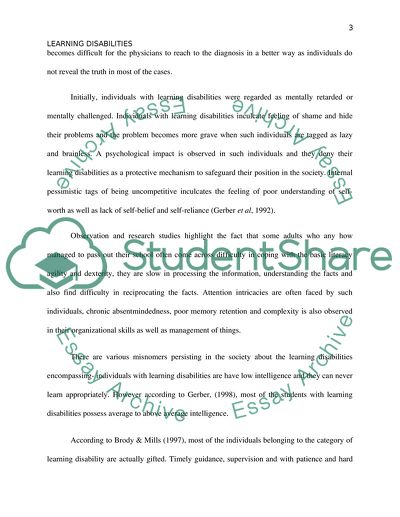Cite this document
(Learning Disabilities in Adult Life Research Paper, n.d.)
Learning Disabilities in Adult Life Research Paper. Retrieved from https://studentshare.org/sociology/1772886-learning-disabilities-in-adult-life
Learning Disabilities in Adult Life Research Paper. Retrieved from https://studentshare.org/sociology/1772886-learning-disabilities-in-adult-life
(Learning Disabilities in Adult Life Research Paper)
Learning Disabilities in Adult Life Research Paper. https://studentshare.org/sociology/1772886-learning-disabilities-in-adult-life.
Learning Disabilities in Adult Life Research Paper. https://studentshare.org/sociology/1772886-learning-disabilities-in-adult-life.
“Learning Disabilities in Adult Life Research Paper”, n.d. https://studentshare.org/sociology/1772886-learning-disabilities-in-adult-life.


